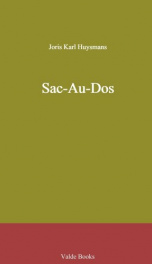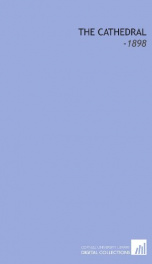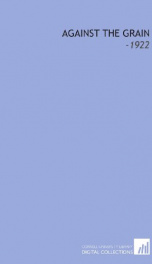Sac-Au-Dos

Charles-Marie-Georges Huysmans (1848-1907) was a French novelist who published his works as Joris-Karl Huysmans, he is most famous for the novel À Rebours. His style is remarkable for its idiosyncratic use of the French language, wide-ranging vocabulary, wealth of detailed and sensuous description, and biting, satirical wit. The novels are also noteworthy for their encyclopaedic documentation, ranging from the catalogue of decadent Latin authors in À Rebours to the discussion of the symbology of Christian architecture in La Cathédrale (1898). Huysmans' work expresses a disgust with modern life and a deep pessimism, which led the author first to the philosophy of Arthur Schopenhauer then to the teachings of the Catholic Church. His first major publication was a collection of prose poems, heavily influenced by Baudelaire, called Le Drageoir à Épices (1874). His next works were in a similar vein: sombre, realistic and filled with minutely detailed evocations of Paris, the city Huysmans knew intimately. His other works include Marthe (1876), Les Soeurs Vatard (1879), Croquis Parisiens (1880), En Route (1895) and Les Foules de Lourdes (1906). --This text refers to an alternate Paperback edition.
Info about the book
Author:
Series:
Unknown
ISBN:
0802037577
Rating:
3/5 (4)Your rating:
0/5
Languge:
English
Users who have this book
Users who want this book
What readers are saying
What do you think? Write your own comment on this book!
write a commentGenre
if you like Sac-Au-Dos try:
Other books by this author
Do you want to exchange books? It’s EASY!
Get registered and find other users who want to give their favourite books to good hands!





